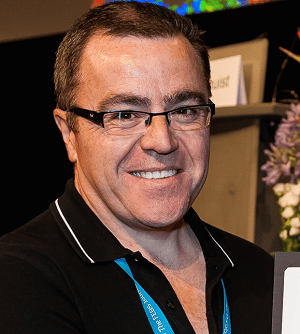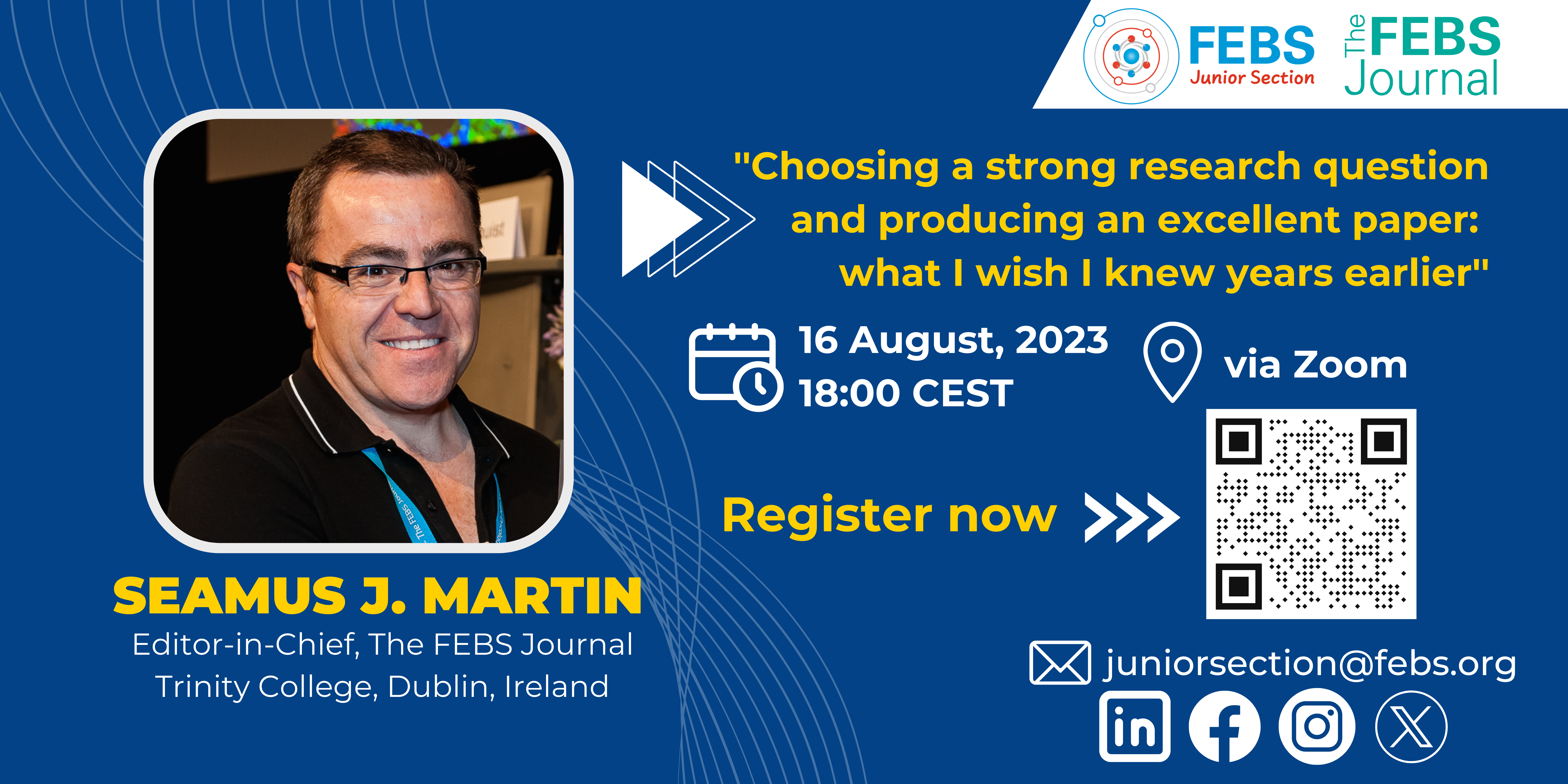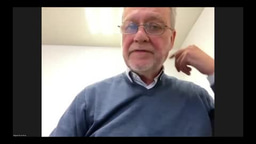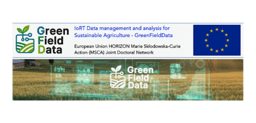Choosing a strong research question and producing an excellent paper: what I wish I knew years earlier

Update! Watch the recording of this talk.
The students and young scientists of the FEBS Junior Section are launching the "Scientific publishing: expanding boundaries towards excellence" online talks in collaboration with the FEBS Press journals. The talk series is aimed at advancing early-career scientists and students towards excellence in scientific publishing and research integrity. The talks will be given by members of the Editorial offices of the FEBS Press journals. During the talks, participants will have a chance to learn from experts, enhance their knowledge in the field and ask questions.
Speaker: Seamus J. Martin, The FEBS Journal Editorial Office, Cambridge, UK & Department of Genetics, Trinity College Dublin, Ireland
Topic: "Choosing a strong research question and producing an excellent paper: what I wish I knew years earlier"
Time: 16 August 2023, 18:00 (CEST)
For more information, see the talk summary below and visit The FEBS Journal website.

Talk summary
Writing an interesting and compelling manuscript is an essential part of the process of getting your work published. However, many authors lessen their chances of creating a great paper by failing to approach the process of manuscript preparation in a sufficiently well-thought-out manner. As editor-in-chief of The FEBS Journal as well as an active research group leader, I see numerous manuscripts, on a weekly basis, which contain very basic flaws that seriously undermine the impact and presentation of the science within. It is also surprising how frequently authors expect editors and referees to search for the message contained within their paper, rather than making this explicit from the title and abstract. Here, I will discuss the process of manuscript and figure preparation, as well as how journal editors decide whether to review your manuscript or not. I will also discuss an approach to manuscript preparation that I use in my own research, which may help to produce more highly 'polished' research papers and increase the chance of getting your work published in top journals.

The FEBS Junior Section
Want to join this platform for young European life scientists? Learn more about our initiative, check out the Room for the FEBS Junior Section and – if you do not have a junior section yet – read this post about how to set one up!
Photo by CHUTTERSNAP on Unsplash





Join the FEBS Network today
Joining the FEBS Network’s molecular life sciences community enables you to access special content on the site, present your profile, 'follow' contributors, 'comment' on and 'like' content, post your own content, and set up a tailored email digest for updates.